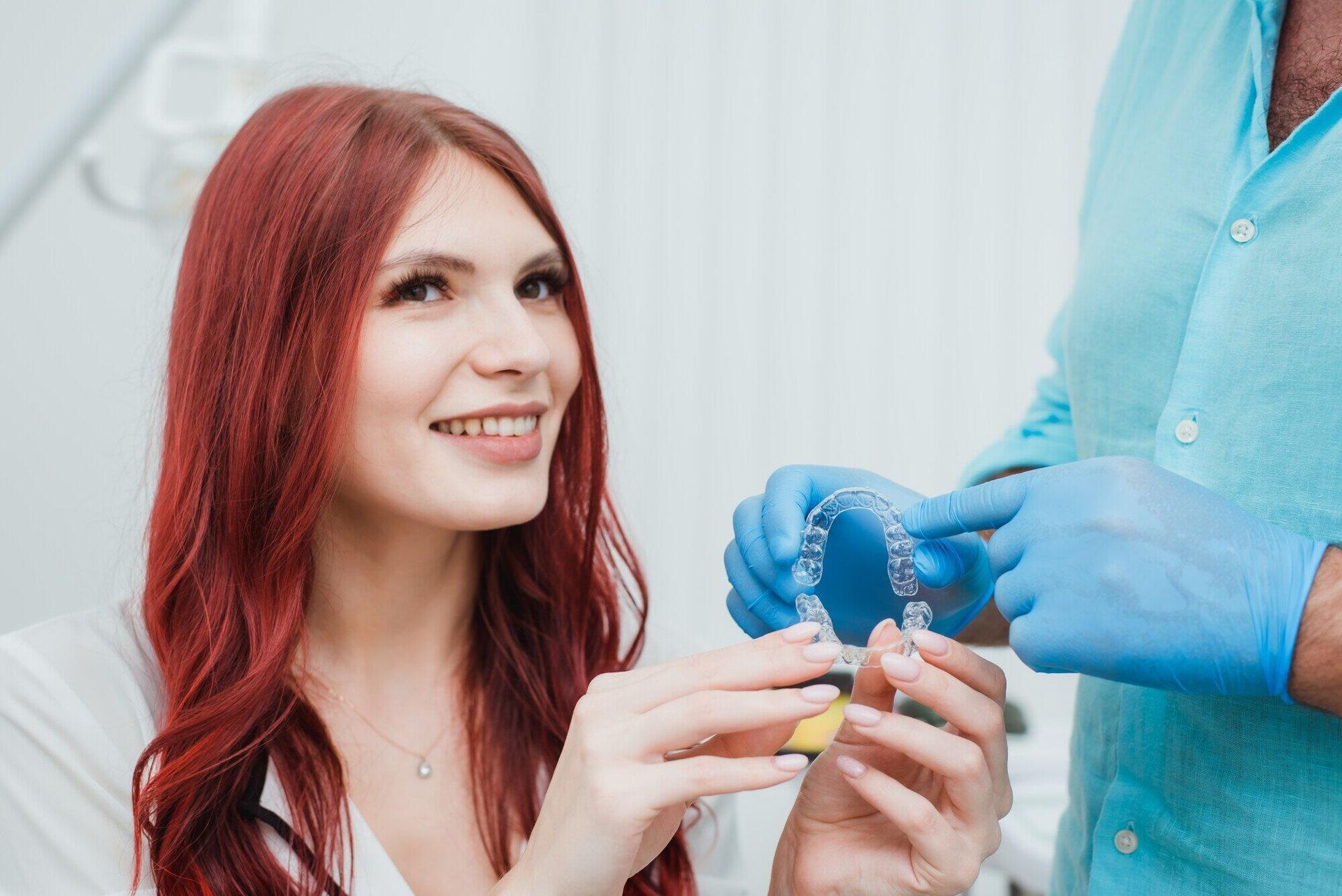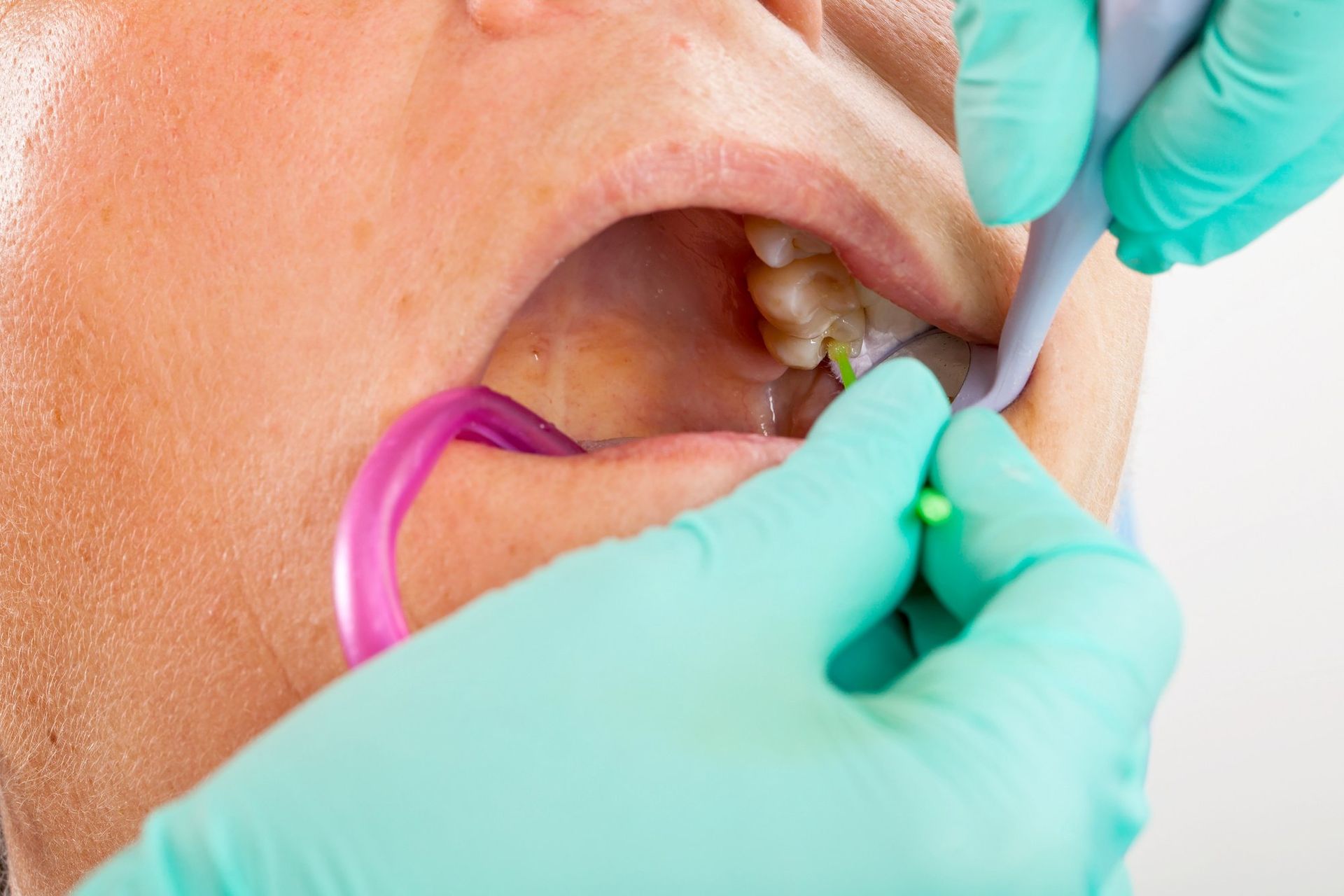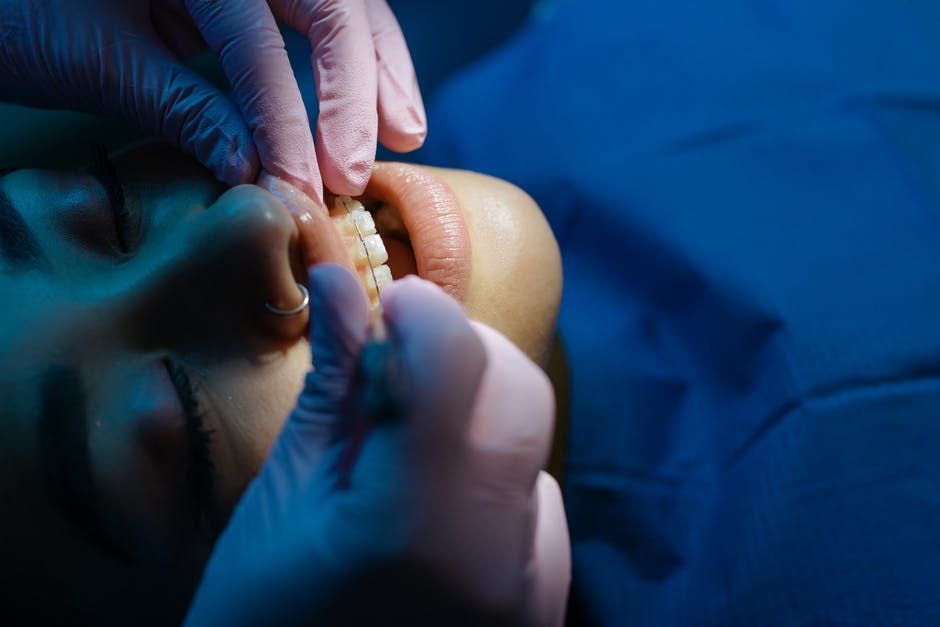All Smiles! A Complete Guide on What to Expect From Your Dental Crown Procedure
What is a dental crown, why would you need one, and what is the process like? Find out in this complete guide on what to expect from your dental crown procedure.
All Things Dental Crowns
Pre-Process
Procedure
Once your dentist understands the damage that needs to be dealt with, the procedure begins.
First, the anchor tooth is repaired or otherwise cared for. This may be a root canal to clear up damage in the root, a filling to protect the pulp, or descaling to ensure a tight bond with the crown. Given that most adults have
3.28 teeth with extensive damage , you'll expect a few crown procedures.
Afterward, the tooth is shaved and shaped into a post that will make better contact with a crown. For a partial crown or veneer, as they are sometimes called, shaping of the tooth isn't necessary.
Getting a crown is often a two-visit process. The first visit takes care of the damage to the tooth and a temporary crown gets applied. The temporary crown offers protection but isn't as durable or as visually appealing as the permanent will be.
Some dental offices offer a single-visit permanent crown that is produced while you wait. Dentists craft these crowns using sophisticated software and a machine that etches the crown out of a block of ceramic material.
Typically, you'll return to the office in a few weeks after the cast porcelain crown (or other material) comes back from the manufacturer.
Care
Lifecycle
The longevity of a crown depends a lot on the material, the fit, and your level of care. Still, crowns are expected to last 5-15 years overall.
Let's take a look at the types of dental crown material available today with notes on their look, cost, and durability.
Materials
Composite resin is on the cheap side for dental crowns. These resins offer good resistance to decay and wear but their particulate nature means they come loose more often than other materials. Resins cover a large category of crowns, so expect to see many types listed.
Zirconia crowns provide excellent strength and durability. In lifecycle modeling tests, they stand at the top of the pack. Zirconia also comes with a hefty price tag.
Metal crowns include a wide variety of materials, some on the cheaper side, others, such as gold, are on the high price side. Metal crowns may be applied as the whole crown or bound to a porcelain shell.
Gold crowns are the most expensive and rival zirconia for their longevity. They also appeal to some people as an aesthetic, still, they are better used for large biting surfaces such as molars and premolars.
Ceramic crowns offer middling quality, more durable than resin, and less prone to chip than porcelain but less durable than metals. Ceramic materials are currently the only ones that are used for same-day or one-visit crowns. Ceramic comes in many colors that can match the surrounding teeth well.
Porcelain crowns are the most natural-looking of materials. They can be pricey over time as they are also prone to chipping. Chips are repairable without replacement which can be a factor for some.
Porcelain crowns shape well and also are produced in many shades to match surrounding teeth.
Learn More
Most people need a few crowns applied in their lifetime. The resilience and strength of dental crowns make them a solid choice for maintaining health and bite shape.
If you’re looking for a Dental Crown provider, and other dental procedures, don't hesitate to contact Edgewater Dental today.











